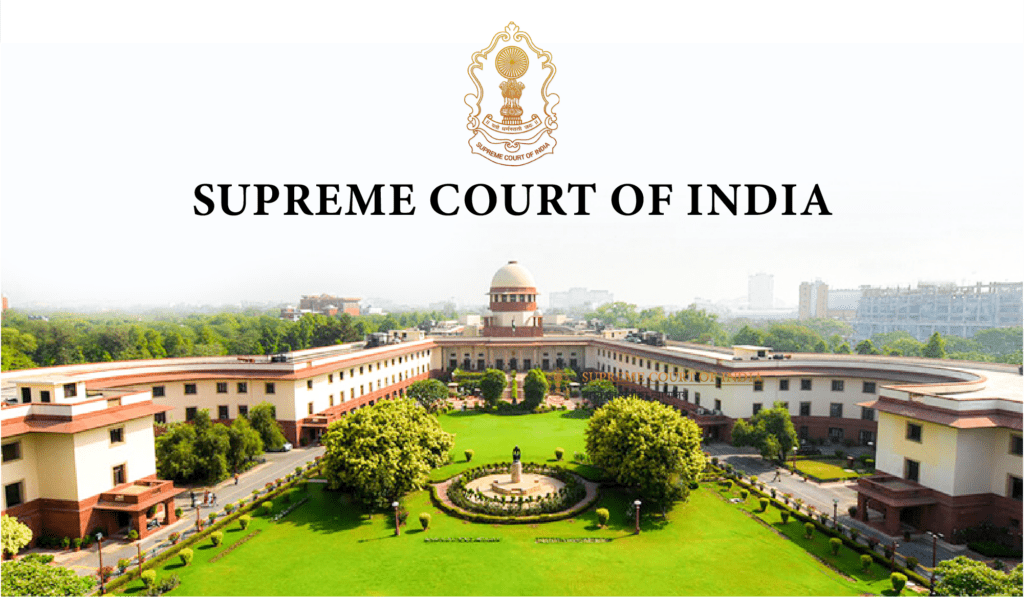
Dowry Case Lawyers In Delhi
Dowry is a social evil that has led to crimes and tortures against women that are hard to imagine. In 1961, Indian civil law made it illegal to pay a dowry. Later, Sections 304B and 498a of the Indian Penal Code were passed to make it easier for a wife to get help if her husband’s family was making her life difficult. People have said that dowry rules are bad because women and their families have abused them.
Pal Law Firm has expert lawyers who can fight for your rights in dowry cases in Delhi. In India. So, someone who is accused of taking dowry has to go through a lot of court steps.
Dowry Act
In the Dowry Act, “dowry” refers to any property or valuable security given or agreed to be given either directly or indirectly—(a) by one party to a marriage to the other party to the marriage; or (b) by the parents of either party to a marriage or by any other person, to either party to the marriage or to any other person, at or before 1 [or any time after the marriage] 2[in connection with the said parties’ marriage, but does not include] dower or mahr3[***] Explanation I Explanation No. 2:Section 30 of the Indian Penal Code (45 of 1860) defines “valuable security” in the same way.
IPC SECTION 306
This portion is typically used in the investigation of straphang recovery from the spouse and his family for violations linked to Criminal Breach of Trust. This section’s offences are both bailable and cognizable. Article 406.
PUNISHMENT FOR CRIMINAL BREACH OF TRUST
Whoever commits a criminal breach of trust shall be punished by imprisonment of either kind for a duration of up to three years, a fine, or both.
IPC SECTION 304B
A 1986 amendment to the Indian Penal Code added this section. Section 304B is how the statute is written. Dowry demise When a woman dies as a result of burns or bodily injury, or otherwise than under normal circumstances, within seven years of her marriage, and it is proven that she was subjected to cruelty or harassment by her husband or any relative of her husband for, or in connection with, any demand for dowry, such death is referred to as “dowry death,” and her husband or relative is deemed to have caused her death. Explanation:- The term “dowry” shall have the same meaning as in section 2 of the Dowry Prohibition Act, 1961 (28 of 1961) for the purposes of this sub-section.
Whoever commits dowry death shall be imprisoned for a term of not less than seven years, but which may be extended to life imprisonment.
